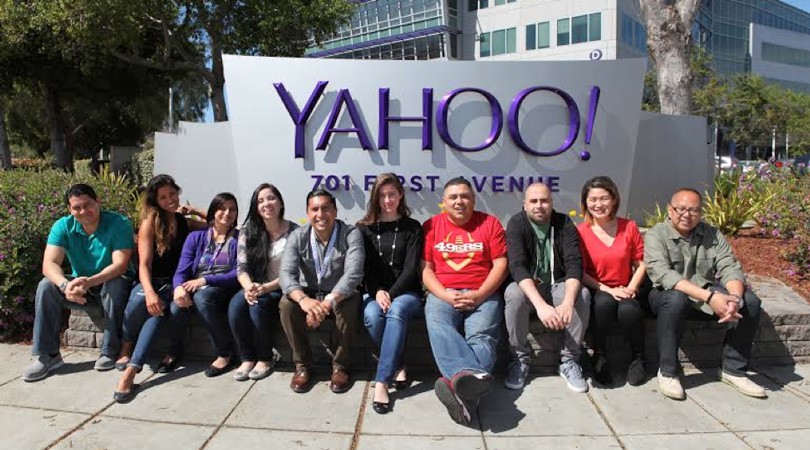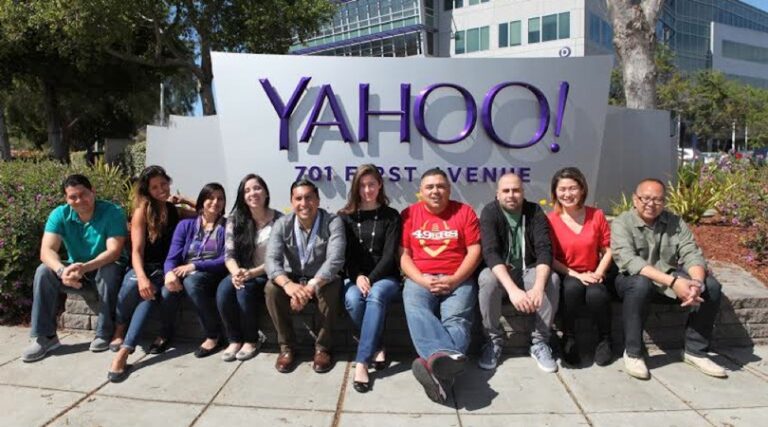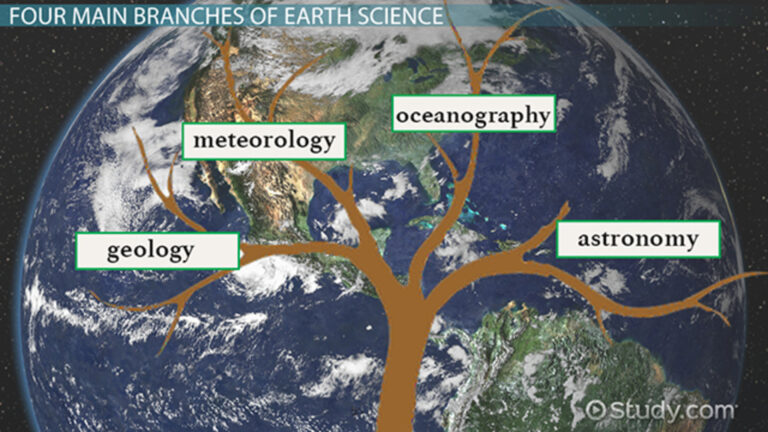
Yahoo
Introduction
When we think about the early days of the internet, one name instantly comes to mind — Yahoo. Once the ultimate gateway to the web, Yahoo transformed how people accessed information, connected with others, and discovered the digital world. Founded in the mid-1990s, Yahoo was not just a search engine; it was a complete online ecosystem — offering news, email, chat rooms, finance updates, and much more.
Though the modern internet landscape has evolved dramatically, Yahoo’s legacy continues to influence today’s digital platforms. From shaping online communication to defining web portals, Yahoo’s journey reflects the rapid evolution of technology and online behavior.
The Birth of Yahoo
Yahoo began in 1994, created by Jerry Yang and David Filo, two Stanford University graduate students. Originally, it was a simple directory of websites called “Jerry and David’s Guide to the World Wide Web.” It quickly gained popularity as internet users sought organized ways to explore the growing web.
Later, it was renamed Yahoo!, short for “Yet Another Hierarchically Organized Oracle.” The quirky name perfectly matched the energetic and pioneering spirit of the early internet era. By 1995, Yahoo became a registered company and rapidly grew into one of the most visited sites worldwide.
Yahoo as a Web Portal
Yahoo’s biggest strength was its portal concept — a single online destination that offered multiple services in one place. While search engines like Google focused purely on information retrieval, Yahoo created an all-in-one platform where users could check their email, read the news, browse weather reports, play games, and explore entertainment content without leaving the site.
This “one-stop-shop” approach attracted millions of daily users. Yahoo’s homepage became a part of people’s daily routines — the first site many opened every morning. In the late 1990s and early 2000s, Yahoo was considered the front page of the internet.
Yahoo Mail: A Digital Revolution
One of Yahoo’s most significant contributions was Yahoo Mail, launched in 1997. It was among the first free, web-based email services, revolutionizing how people communicated. Users could send and receive messages globally, store contacts, and access their inbox from any computer — a groundbreaking feature at the time.
Even today, Yahoo Mail remains active, serving millions of users with upgraded features like spam protection, cloud storage, and mobile accessibility. For many, it was their first-ever email address — a nostalgic symbol of the early digital age.
Yahoo News, Finance, and Sports
Yahoo expanded beyond search and email by introducing specialized sections such as Yahoo News, Yahoo Finance, and Yahoo Sports.
- Yahoo News became a trusted online source for global headlines, political updates, and lifestyle stories.
- Yahoo Finance offered real-time stock updates, business news, and investment tools, making it a favorite among traders and analysts.
- Yahoo Sports provided scores, schedules, and fantasy leagues that kept fans connected to their favorite teams.
These features made Yahoo more than just a search tool — it became an online hub for information and entertainment.
The Rise and Fall of Yahoo
By the early 2000s, Yahoo was one of the most visited websites in the world. However, as competition increased, especially from Google, Facebook, and other emerging platforms, Yahoo struggled to maintain its dominance.
Several strategic missteps contributed to its decline — including missed opportunities to acquire Google and Facebook during their early days. Additionally, Yahoo’s focus shifted too broadly, and its search engine technology lagged behind Google’s precision and simplicity.
Despite these challenges, Yahoo maintained a loyal audience due to its established brand and wide range of services.
Yahoo’s Acquisition and Modern Transformation
In 2017, Yahoo’s core internet operations were acquired by Verizon Communications for approximately $4.48 billion. Verizon combined Yahoo with AOL under its digital media division called Oath, later rebranded as Verizon Media.
In 2021, private equity firm Apollo Global Management purchased Yahoo from Verizon for about $5 billion. Today, Yahoo operates as a standalone company again, focusing on media, finance, email, and digital advertising. It continues to modernize its services to stay relevant in the ever-changing tech landscape.
Yahoo’s Role in Shaping Internet Culture
Yahoo wasn’t just a tech company; it was a cultural phenomenon. During the late ’90s and early 2000s, millions of users interacted on Yahoo Messenger — the instant messaging platform that defined online chatting before WhatsApp and Messenger existed.
Yahoo also hosted chat rooms, where people from different parts of the world met, discussed topics, and built virtual friendships. It played a huge role in the rise of internet communities and online social behavior.
Moreover, Yahoo’s early homepage design — featuring a mix of news, trends, and links — influenced the structure of countless modern websites.
Yahoo’s Strength in the Digital Age
Even though Yahoo is no longer the leading search engine, it still maintains strong visibility. Its Yahoo Finance and Yahoo Mail platforms remain industry leaders, attracting millions of daily users.
Yahoo has also adapted to mobile and app-based trends, offering personalized experiences through AI-driven content recommendations. In addition, its advertising and data analytics services continue to support businesses looking for targeted online exposure.
Yahoo vs. Google: The Great Internet Rivalry
The Yahoo vs. Google rivalry defined much of the early internet era. Yahoo prioritized being a content-driven portal, while Google focused on delivering fast, accurate search results through advanced algorithms.
In the long run, Google’s focused innovation and simplicity gave it an edge. However, Yahoo’s broader approach built a legacy of diversified digital services that still holds influence today. In fact, many features we use daily — personalized homepages, webmail, and online directories — were popularized by Yahoo first.
Conclusion
Yahoo’s story is a fascinating chapter in the history of the internet — one of innovation, ambition, and transformation. It taught the world how digital communication could connect people globally, long before social media and smartphones took over.
Though Yahoo is no longer the internet’s main gatekeeper, its legacy continues through its platforms and the millions of users who still rely on them daily. From its pioneering email service to its vibrant finance and news networks, Yahoo remains a symbol of the early digital revolution — a reminder that even in the fast-paced tech world, pioneers never truly disappear.






